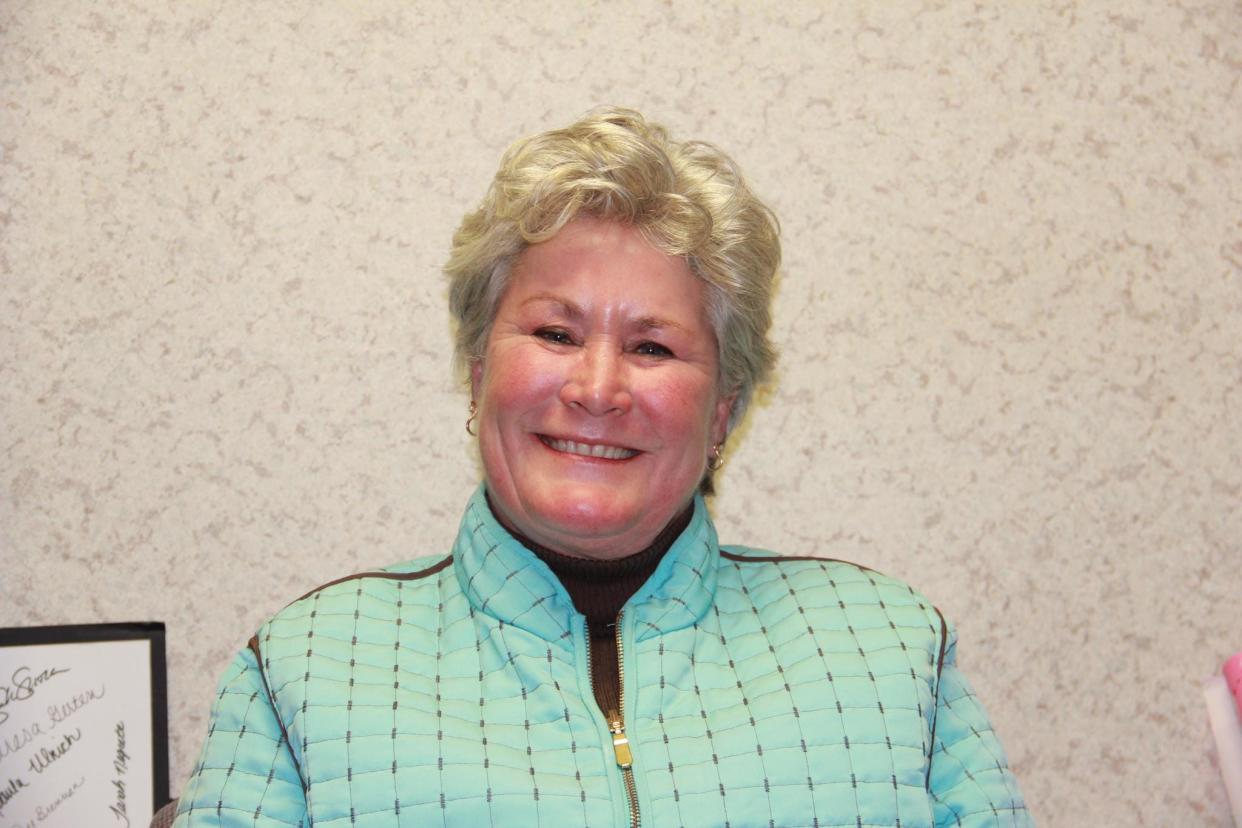Government support for real conservation, not CAFOs

If soil health is the pathway to the world’s food supply, clean drinking water and ecosystems, why are so many farmers turning to mechanized farm operations, which have been proven to damage soil and water quality? The answer to this question may be more complicated than we thought.
The federal government has conservation programs designed to assist farmers improve water quality, build soil health and preserve ecosystems. These dollars are taxpayer monies but they don’t always go to the farmers truly engaged in the quality soil effort. For example, the Environmental Quality Incentives Program (EQIP) is the most popular farm bill for conservation programs. Funds to farmers help with planting cover crops, fencing to assist with the rotational grazing practices that improve soil health, and infrastructure that assists in growing organic vegetables. But fewer of these funds are reaching this farm sector and instead going to concentrated animal feeding operations (CAFOs).
According to the Institute for Agriculture and Trade Policy (IATP), significant monies are being spent to fund conventional farming practices that fall short of qualifying as conservation. Smaller farmers are receiving rejections for these conservation funds, while large contracts are going to more polluting operations, like industrial farms. According to Michael Happ, program associate for climate and rural communities at IATP, contracts were awarded in 12 agricultural-heavy Midwest and Great Plains states, and the funds varied widely to farmers and did not necessarily meet the conservation standards outlined in the EQIP program.
In fact, in some states, like Iowa, funds went to large animal agriculture industries and not the smaller farmers actually practicing soil conservation. Since the 2002 Farm Bill made CAFOs eligible for conservations funds for the first time, large industrial scale farmers were receiving taxpayer monies for inherently unsustainable operations. So taxpayer money went to clean up accumulating manure on the concentrated agricultural systems or installing large drainage systems that help move excess water off commodity crops on large farms. The problem with funding these types of operations results when drainage washes excess nutrients and pesticides into rivers and streams and those nutrients are fueling polluted soils and waters and are contributing to the dead zone in the Gulf of Mexico.
Lisa Held, senior staff writer for Civil Eats, reported that “Minnesota spent more than $3 million funding 38 waste facility covers for CAFOs at a price of nearly $80,000 each.” Industrial farms are applying for funds for waste storage facilities, while the smaller farms practicing real conservation programs like grazing are locked out. A University of Maryland study found that less than a quarter of EQIP contracts between 2009 and 2018 funded practices with the most potential to benefit soil and environmental health.
Millions of taxpayer dollars are designated to improve our soils and water quality, but the reverse is happening. Local governmental representatives need to step up to the plate and work for the people’s best interests, not industrial farms.
Deborah J. Comstock is a small farm owner, member of Lenawee Indivisible and chair of the Palmyra Township Planning Commission.
This article originally appeared on The Daily Telegram: Deborah Comstock: Government support for real conservation, not CAFOs

